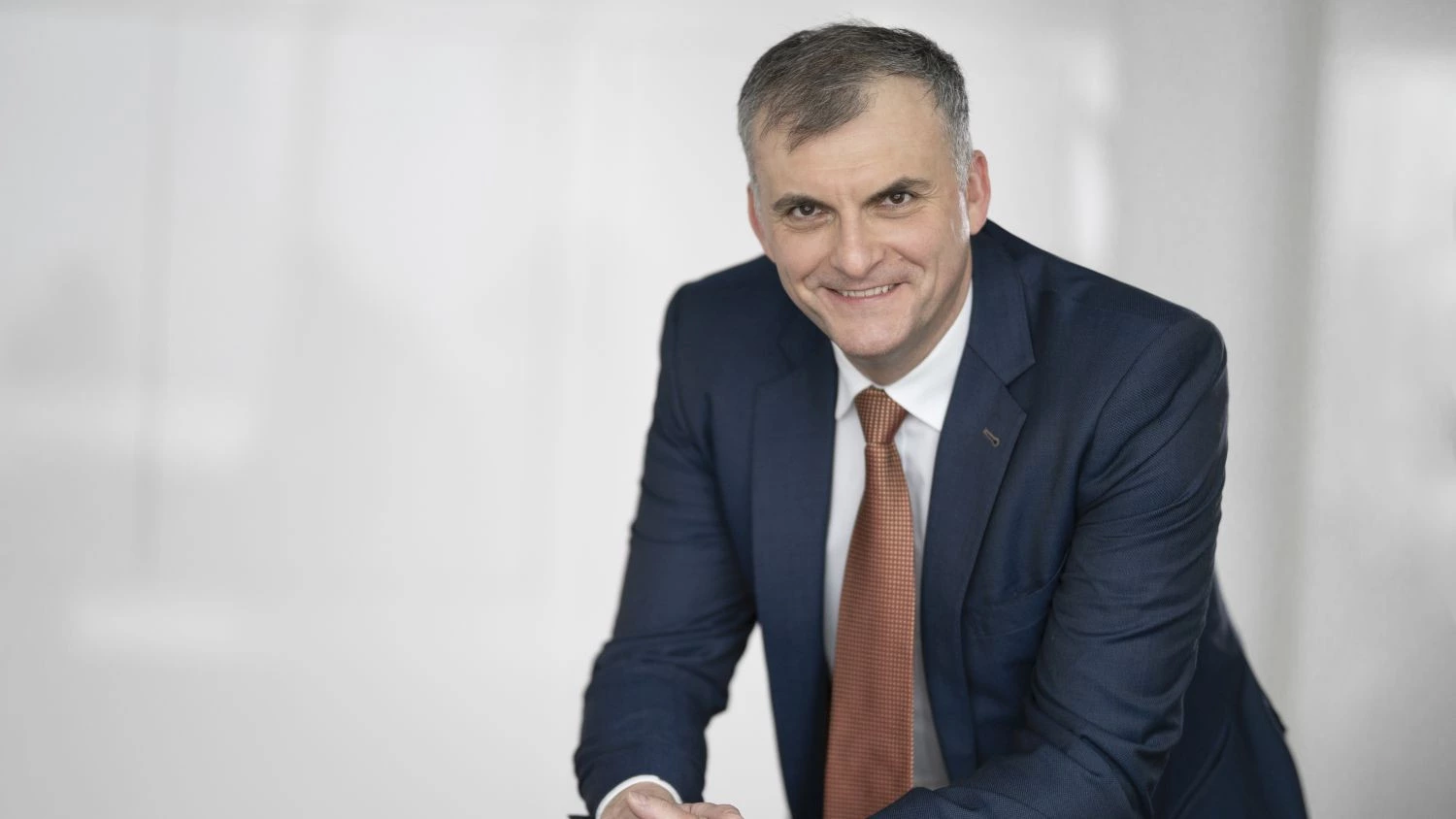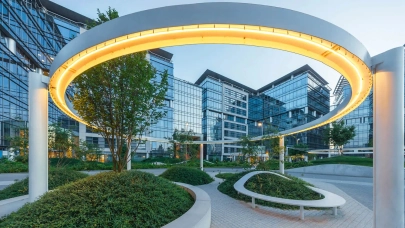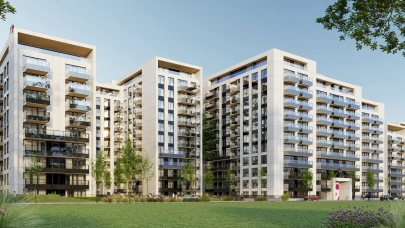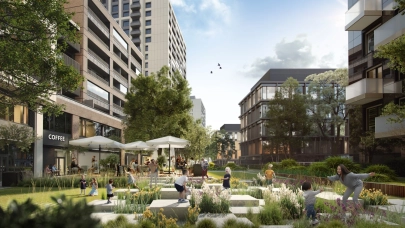
Maciej Runkiewicz, CEO of Kajima Poland has talked to Property Forum about the current challenges on the Polish construction market, new supply chains and ESG's impact on the warehousing sector.
Over the past years, Kajima Poland has mainly focused on warehouse projects. Why this specialisation? What distinguishes you from the competition, which is very strong in this sector?
Since 2001, we have been focusing mainly on building for the logistics and industrial sectors due to the incredibly dynamic development of these business branches in Poland, related probably to the ever-growing road network. What sets us apart? I think that many years of experience in this demanding sector, the high quality of services, and a very short delivery time.
Yes, building for the logistics and industrial sectors is demanding, although it is often not visible when you look at a given facility. All engineering know-how and complex technology are hidden inside these facilities and in their infrastructure. Facilities of this type require the use of state-of-the-art solutions to enable users to produce, sort and deliver products to end-users even more efficiently and faster. Such construction is not easy, as you have to control in a very short time the complicated logistics of a multi-discipline design, construction and orders, but we can do this. We are also constantly learning new things, which is necessitated by the rapid development of construction technology.

Maciej Runkiewicz
President
Kajima Poland
Analysts are convinced that due to the energy crisis, new warehouse projects will place a much greater emphasis on energy efficiency. Do you already see this trend in discussions with investors?
Of course. It is not only about the energy crisis, which I hope is slowly coming to an end but also about legislation and requirements of banks that put an increasing emphasis on the implementation of systemic solutions limiting the consumption of non-renewable energy and promoting the use of passive solutions in construction, including biodiversity in the investment ecosystem, etc. And as logistics and industrial construction is a precursors of numerous innovations, it is up to us, as the general contractor, to incorporate selected solutions in the emerging facility. Of course, we take such requirements into account already at the design stage.
Typical ones include obtaining a BREEAM or LEED certification. So far, we have handed over to our clients and tenants more than two million square metres of facilities with BREEAM and LEED certificates. The number of facilities we deliver with certificates is increasing every year, and so is the level of these certificates.
What other non-standard, innovative solutions - design, material, technology - do you implement in the facilities you build?
Our clients – the world’s largest companies from the development, industrial, logistics and retail sectors – often come to us with their own solutions and specifications that are subject to the confidentiality requirement. Therefore, it is difficult to talk about standard solutions or technologies in such cases, especially when it comes to industrial and logistics construction. Everything here is non-standard and tailored to the specific needs of users. A good example of an unconventional project is the 4-storey Panattoni BTS Świebodzin facility, commissioned by us in 2021, adapted to the needs of an international e-commerce brand, in which automated logistics of shipments uses this multi-storey construction of the facility.
When coordinating projects, we use Building Information Modelling (BIM) solutions to an ever greater extent. BIM significantly shortens the process (especially in the case of difficult and complex facilities including a lot of production technology of the future user) and eliminates most design clashes.
We work using BIM-3D – where we deal with a three-dimensional model accompanied with additional information, BIM-4D – with an additional aspect of time (i.e. the implementation schedule), as well as BIM-5D – accounting for the costs of the facility. Well-used BIM ensures amazing precision of operations, which is necessary in construction for modern logistics and industry.
We also use a lot of interesting technological solutions to facilitate or accelerate the construction process itself. For example, when building in winter, we use electro-heating that allows for pouring concrete at temperatures below 0 °C.
How are you coping with the rapid increases in building materials and energy raw materials caused by the conflict in Ukraine?
First of all, we are closely watching how the real estate market responds to the events in Ukraine and we are trying to adapt accordingly. We are intensively improving our qualifications and verifying our internal processes. As for the prices of building materials, I think they are stabilising, and so is their availability. New supply chains have already emerged to replace the previous ones linked to Russia, Belarus and Ukraine. I would like to add that Kajima Poland is not indifferent to the fate of Ukrainian citizens. Last summer, we paid for the purchase of significant quantities of hygiene products, food and medicines, supporting the activities of the Polish Humanitarian Action.
High inflation is a problem that affects practically all sectors of the economy, not least by increasing the wage expectations of employees. Do you have any problems maintaining the completeness of crews on your construction sites during this difficult time?
Let me start by explaining that as a general contractor, we rely on subcontractors. Therefore, when asked about employees, I will answer that our subcontractors do not report staffing problems to us, although it was the case shortly after the war in Ukraine began. When it comes to our employees – at construction sites, these are mainly engineers – I believe that we take good care of our team. We offer numerous benefits in the area of health and insurance. It is worth mentioning that our employees submit ideas to support local communities or socially excluded groups. We have real activists and enthusiasts on our team, which makes me very happy. I realise that nowadays, apart from the material benefits given by the company to its employee, ethical affiliation is also important.
What plans does Kajima Poland have for the next year? What does your order book currently look like?
This year, we continue to implement orders for the logistics and industrial sectors – which are still dynamically developing in Poland – but with a greater emphasis on industry. As is probably the case with the entire construction industry, our order portfolio will also be slightly smaller than in previous years, yet more demanding. Therefore, we will focus even more on improving the quality of our services.



